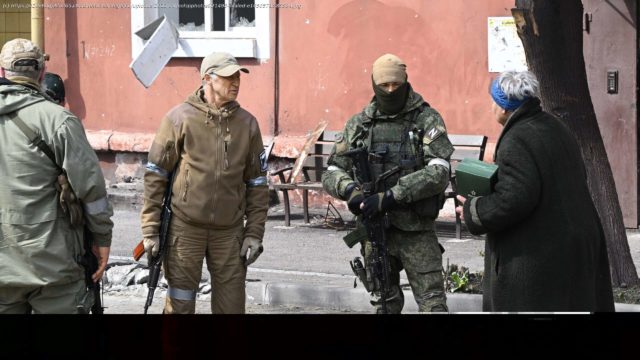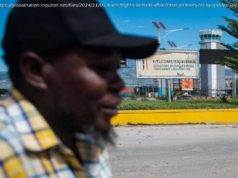This war, like all wars, will invigorate the state and be deadly to liberty.
With the experience of World War I fresh in his mind, Randolph Bourne famously warned that “ war is the health of the state.“ Under stress, he noted, people rally behind the government and lash out at dissenters. Since then, we’ve learned that freedom lost in times of crisis is rarely fully regained after life settles down. War isn’t always avoidable; Ukrainians had no choice but to fight or capitulate when Russian forces invaded. But, no matter whether Russia or Ukraine ultimately prevail, the logic of conflict inevitably makes a victim of individual liberty. „War is the health of the State,“ Bourne wrote in 1918. „It automatically sets in motion throughout society those irresistible forces for uniformity, for passionate co-operation with the Government in coercing into obedience the minority groups and individuals which lack the larger herd sense.“ Sure enough,81 percent of Russians support the invasion of Ukraine, according to the Levada Center, an independent polling firm that walks a very fine line in the authoritarian state. A whopping 83 percent approve of Russian leader Vladimir Putin (a level of support not enjoyed by a U.S. president since George W. Bush in the aftermath, unsurprisingly, of the 9/11 terrorist attacks). Just as importantly and echoing Bourne’s point, the pollsters found, a majority of Russians are aware of anti-war protests in their country but aren’t very sympathetic to them. „About a quarter of Russians believe that people go to protest actions because of ‚indignation at the special operation in Ukraine‘ (26%), ‚dissatisfaction with the state of affairs in the country‘ (25%), ‚dissatisfaction with the policy of the authorities‘ (24%),“ the pollsters added. „However, a third of respondents (32%) are sure that ‚many come because they were paid.'“ Of course, Russian opinion forms in an environment of dwindling independent voices. Putin’s government was never especially tolerant of opposition, and war has given the regime even more opportunity to persecute critical journalists and shutter media outlets that don’t toe the official line. „Under an amendment adopted on 4 March, any Russian or foreign person can be sentenced to up to 15 years in prison for spreading ‚false information‘ about the Russian armed forces,“ Reporters Without Borders notes.






